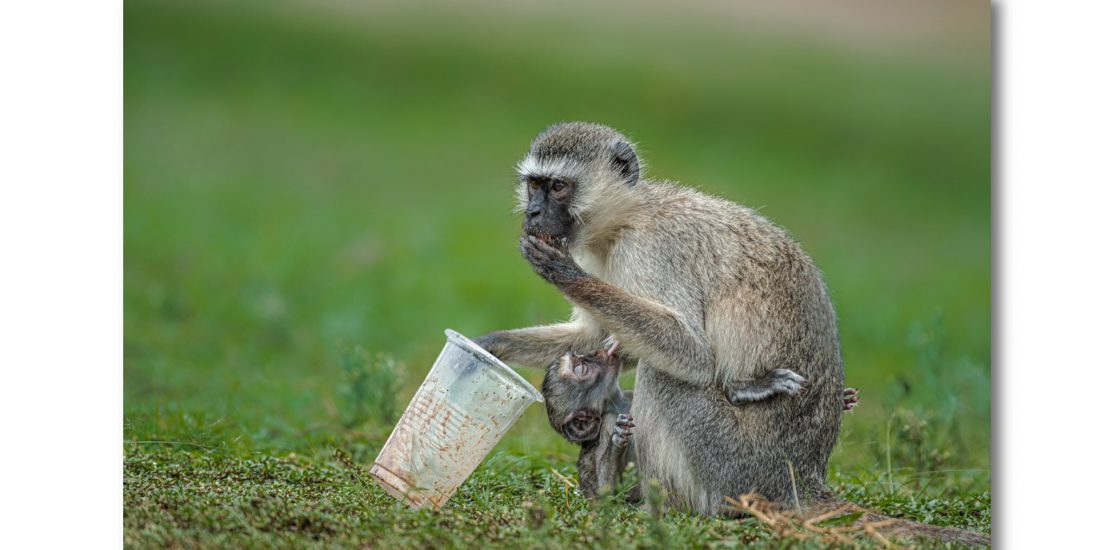- February 11, 2022
- Posted by: Love Uganda Safaris & Tours Ltd
- Categories: Blog, Tips, Travel Tips

Wild animals are untamed, natural and uncultivated. Their entire existence – reproduction, feeding and interaction revolves around this fact. When humans step in to ‘help’ them/ feed wildlife in any uncalled for way, they tend to pose a certain degree of impairment to wildlife. There are many reasons not to feed wildlife and the main is so that we can conserve to reserve wildlife.
We know wild animals are too cute and more times than not they might seem hungry, but feeding wildlife —whether at a local park, or while on vacation—just isn’t a good idea. There are spots where monkeys & baboons camp, especially places where visitors might camp for a picnic like the Mara River. Here some visitors may feed these animals or they might even be naughty enough to ‘steal’ from an unsuspecting person. But whatever the case they will camp here with the hopes of getting some food.
- It makes wild animals lose their natural fear of people. Feeding can make large, potentially dangerous animals become too comfortable in residential or recreational areas. Once animals learn they can panhandle for food, they can become a nuisance or even worse, a safety risk. Animals that are habituated to human feeding may approach people that are fearful or unfriendly to wildlife creating health and safety risks for both humans and animals
- Feeding wildlife from or near vehicles is dangerous. Encouraging animals to approach cars or cross roads for food is a sure way to injure or kill wildlife. Animals can be hit by moving vehicles or might try to enter vehicles in search of food. Roads and vehicles still represent one of the major causes of mortality in wildlife.
There are instances where wild life are fed unintentionally. Here are a few ways to stop the unintentional food supply:
- Rinse all recyclable glass and plastic containers to remove any food remnants and odors. Cut and/or crush plastic containers, and cut each ring of plastic six-pack carriers.
- Make sure plastic food wrap is rinsed and secured in a tied bag or securely covered garbage can. Loose garbage represents choking or tangling hazard for wildlife.
- When visiting parks and similar settings, clean up after yourself and follow the rules regarding wildlife. Encourage others to do the same.
Finally, Learn when to step in. Before attempting a ‘rescue’ when you find an injured animal, make sure the animal really needs your help. During game drives, a tour guide is the best to involve in such a matter. This also makes it key to have game rangers, guides with at all times
Leave a Reply
You must be logged in to post a comment.
